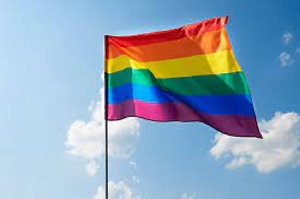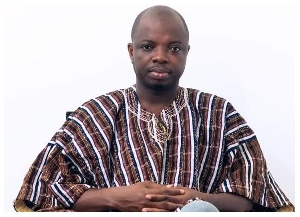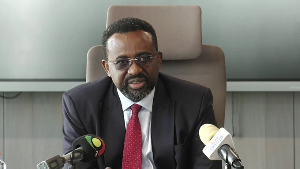In a momentous move that has drawn the global spotlight, Ghana stands on the cusp of a defining juncture with the recent passage of the Anti-LGBTQI Bill, now awaiting the president's endorsement to be enshrined into law.
This development has sparked a fervent discourse, polarizing the nation into camps of conservative values and advocates for human rights. The crux of this debate delves into profound questions: Should LGBTQI identities be criminalized? Are there rights that should be universally recognized and upheld?
And, crucially, can individuals of diverse sexual orientations live freely, devoid of societal intrusion? The discourse is unyielding, placing the President at the epicentre of a decision that could alter the legal and moral fabric of the nation.
The LGBTQI community, confronted with this unsettling turn of events, finds itself navigating a precarious existence. The bill's passage has not only threatened their very being but has also set the stage for a challenging narrative, fueled by misconceptions and stigmatization.
The endorsement from the Catholic Bishop Conference and other religious leaders has further entrenched the misperception of LGBTQI identities as an aberration, exacerbating the community's plight.
Amidst this backdrop, champions of human rights, alongside a segment of the Ghanaian populace that views the bill as antithetical to the principles of human rights and the Ghanaian Constitution, face vehement opposition.
Despite their reasoned arguments, they encounter derision, often misrepresented as proponents of LGBTQI interests rather than defenders of universal human rights. The media's portrayal has skewed the debate, sidelining the imperative of human rights in the face of prevailing sentiments.
The architects of the bill eagerly anticipate the president's approval, aiming to criminalize LGBTQI activities and their promotion. However, the rationale underlying the bill is fundamentally flawed, infringing on the intrinsic freedoms entitled to every individual.
The essence of liberty is the ability to live freely, provided one's actions do not harm others or infringe upon their rights. The quest for recognition and equality by individuals with diverse sexual orientations is not a criminal act but a fundamental human right, challenging the bill's disregard for the evolution of gender issues and rights.
The bill's passage has elicited widespread disappointment from the international community, with many expressing concerns over its potential repercussions on Ghana's global standing, including impacts on diplomatic relations, trade, tourism, and social cohesion. The looming threat of families being torn apart, compelled to betray their loved ones under the shadow of incarceration, underscores the profound societal rifts the bill could exacerbate.
Far from a triumph of religious and cultural conservatism, the bill portrays Ghana as resistant to the ideals of an inclusive, open society, essential for fostering global citizenship. Ghana, a secular nation rich in diverse beliefs and cultures, cannot be pigeonholed into a singular narrative of family values and heteronormativity. Ironically, despite being labelled as a measure of "Human Sexual Rights," the bill starkly denies rights to those of differing sexual orientations.
The call to action is clear: Ghana must transcend this critical moment. The president's refusal to ratify the bill is imperative, irrespective of the political ramifications. The nation's laws should serve to safeguard against crimes, not to contrive them where none exist. By rejecting this bill, Ghana can reaffirm its commitment to an open society, where diversity is embraced, and individual freedoms are protected.
Opinions of Saturday, 2 March 2024
Columnist: Isaac Ofori



















